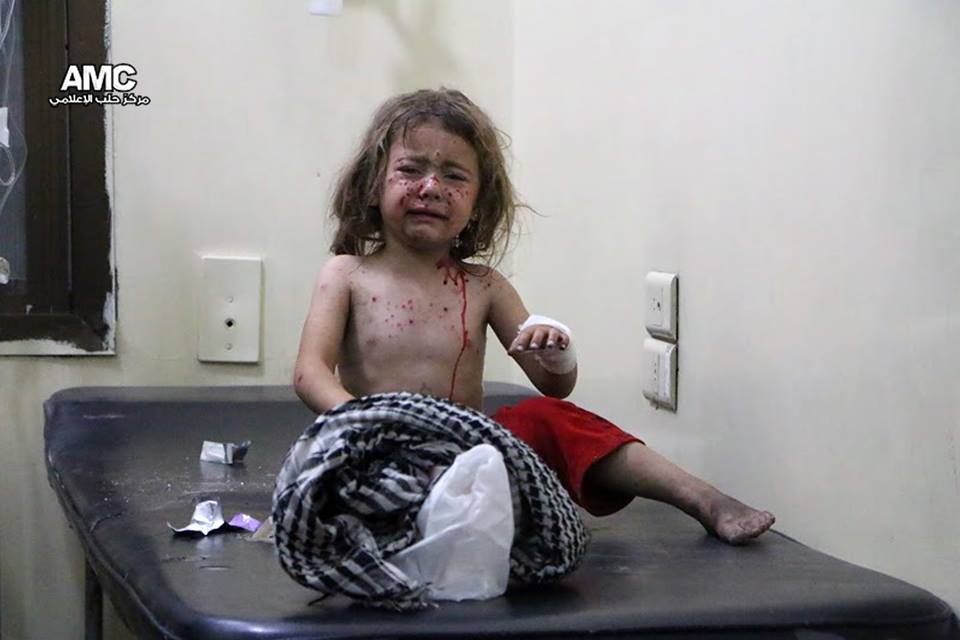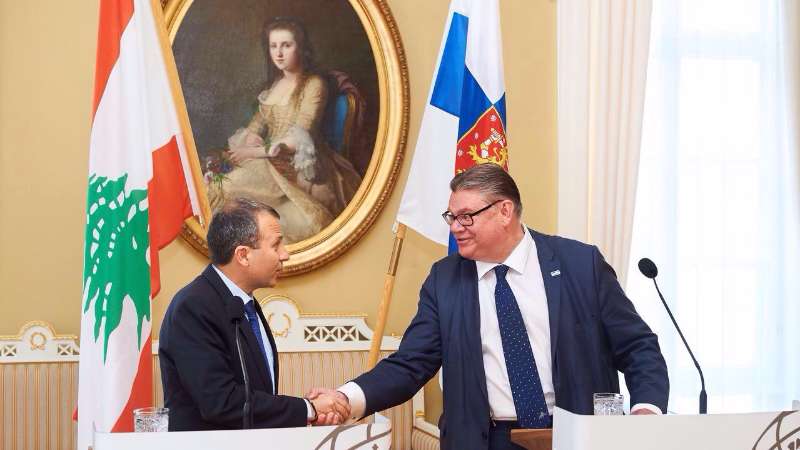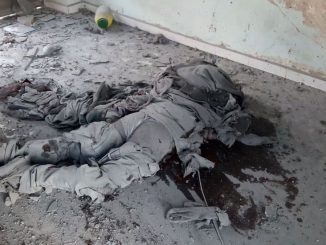
Syrian opposition’s High Negotiating Committee (HNC) accused Russia of disguising its assault on northern Syria’s Aleppo with promises of opening humanitarian corridors in the city.
More than 300.000 civilians still live in Aleppo’s opposition-controlled eastern neighborhoods, effectively under siege since the army and allied militia cut off the last road into rebel districts in early July.
Assad regime’s state television quoted the governor of Aleppo as saying three humanitarian corridors would be established for civilians to leave the city.
Russian Defence Minister Sergei Shoigu said a fourth corridor would be set up in the north of the city for militants, near the Castello road which the army recently took over.
“On behalf of the President of the Russian Federation, today, (we will) start a large-scale humanitarian operation together with the Syrian government to help civilians in Aleppo,” Shoigu said in televised comments.
Read more: UN seeks to organize humanitarian corridors in Aleppo
In a statement issued on Friday, Bassma Kodmani , a member of the Syrian Opposition’s High Negotiations Committee, said: “The world must not allow Russia to get away with disguising its assault on Aleppo with deceitful talk about ’humanitarian corridors’.
“Be clear — these ’corridors’ are not for getting aid in, but driving people out. The brutal message to our people is: leave or starve.”
She said the people of Aleppo would not be intimidated. “If Russia were sincere it would tell Assad regime to withdraw its terrorists who have cut off the main route in and out only a few days ago.
“Getting aid to our people must not be dictated by those who are besieging Aleppo,” Kodmani added.
She praised the efforts of the UN to gain access into the area in the face of the Syrian regime’s obstruction.
“However, the United Nations and International Syria Support Group must stand against Russia’s repeated policy of saying one thing and doing the opposite,” she said.
“It is time Russia worked to achieve the agreements and resolutions it signed instead of working to frustrate them,” Kodomani said.
She also blamed Russia for destroying the political transition process in Syria, saying: “The efforts of United Nations Special Envoy Staffan de Mistura to achieve political transition are severely hindered by Russia’s behavior.”



